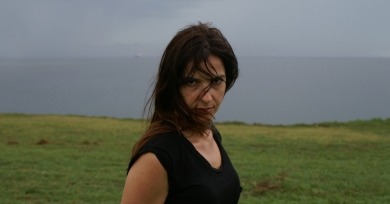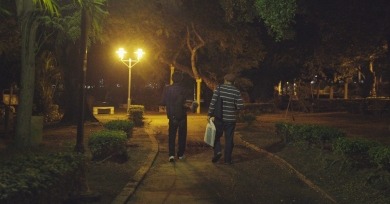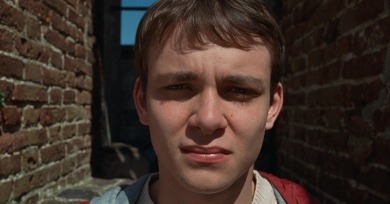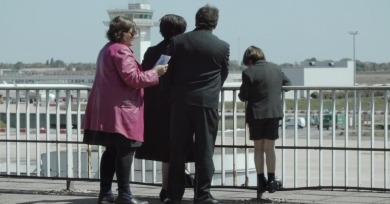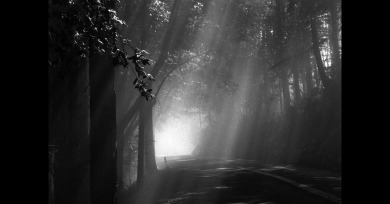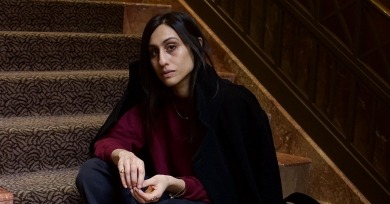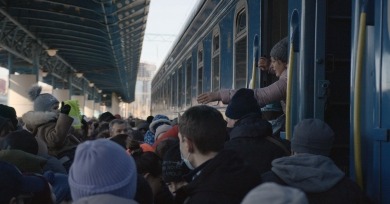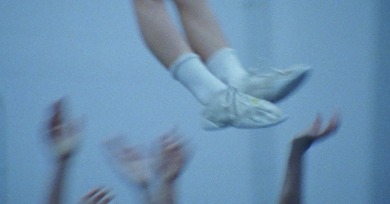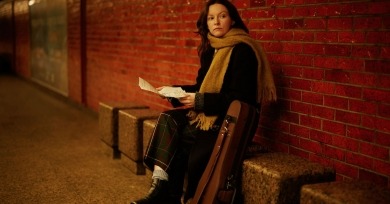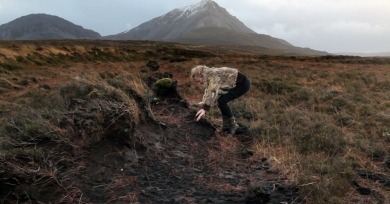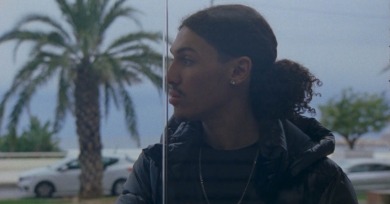First Look 2025
Reviewing the 14th edition of First Look, Museum of the Moving Image's annual festival showcasing adventurous new cinema.
The very existence of this brash film, which reveals the hearts of darkness at the center of Cuba’s cultural institutions, is proof that creative expression may be hindered, or sometimes stalled, but it can never be stopped.
SVT trends towards paternal humanitarian coverage of Palestine during the First and Second Intifada. Unseen throughout, however, is how television was shaped by sociohistorical eras.
Where is the line between performance and reality when you are instructed to play yourself and not just any version, but your current version at the present moment? As the production progresses, the two men develop an independent friendship alongside their ideas about what this film is and how they should best live their lives.
Diciannove, the first film by Giovanni Tortorici, who is not yet out his twenties, speaks to the psychic undercurrents of our fresh Hell, while also carrying on a dialogue with the traditions of European romanticism in literature and film.
The verisimilitude of a photograph can foster destabilizing encounters with figures from the past, and the film conveys this spectral dimension of photography through explicit references to ghosts, visitations, and the presence of the dead.
The often solitary experience of analog filmmaking, as exemplified by the landscape films of James Benning, Babette Mangolte, and Peter Hutton, necessitates a free-form style that takes into account the scope and contingencies of nature itself.
There’s a delicious spaciousness to the first film by writer Durga Chew-Bose, which has all the sybaritic trimmings of a coastal summer: sun-dappled skin, chalky beach expanses, fresh fruit on the veranda, a perpetual breeze...
The result is less a collective narrative of the ongoing war than a collage of impressions and feelings that guide the viewer across geographical terrain and reveal a country’s citizens processing their trauma in wildly different ways.
Each of the eleven filmmakers activates celluloid’s formal potentials while also negotiating the tensions among technologies that irrevocably alter our world—and ways of seeing.
The aesthetic looseness feels like an appropriate evocation of the anything-goes sensibility of childhood, as well as the pedagogical nature of the educational milieu.
Though Measures of a Funeral is a lushly photographed, globe-trotting saga that runs nearly two and a half hours, its bones are that of an essay film.
The more personal A Want in Her gets, the less it feels like a document constructed with a prospective viewer in mind, and so the result is edifying and intrusive in equal measure.
All we see, throughout the 72 minutes of A Frown Gone Mad, are bloody faces and the back of Bouba’s arm administering the shots. But the specter of war and death in the Lebanese capital hovers like a shroud.
A vague pre-apocalyptic tension courses through the docu-style footage of Monaco at night, where sparkling lights only serve to highlight the desolation, as well as the cavernous yet claustrophobic domestic interiors, which feel like they are on the verge of swallowing inhabitants whole.
